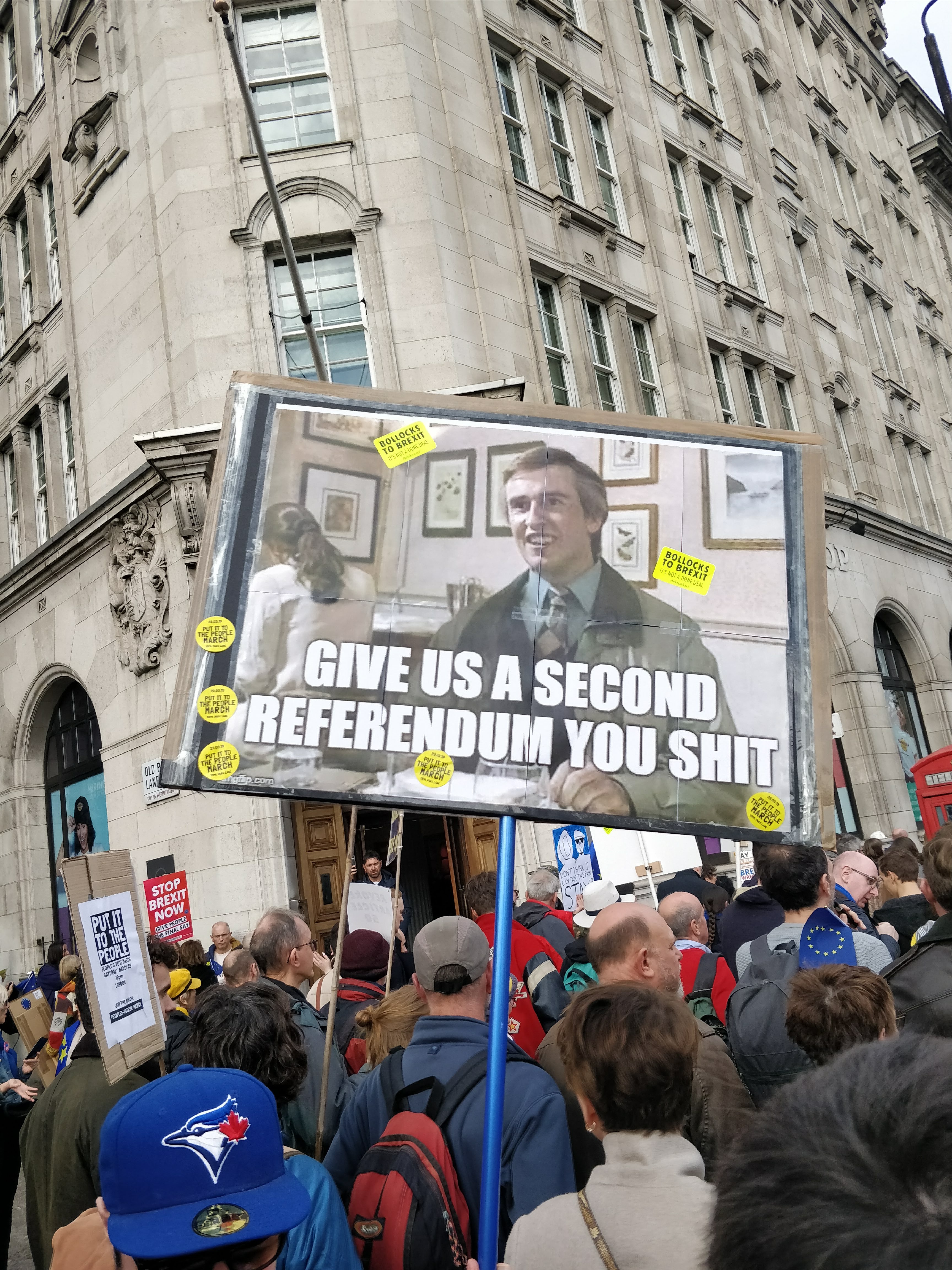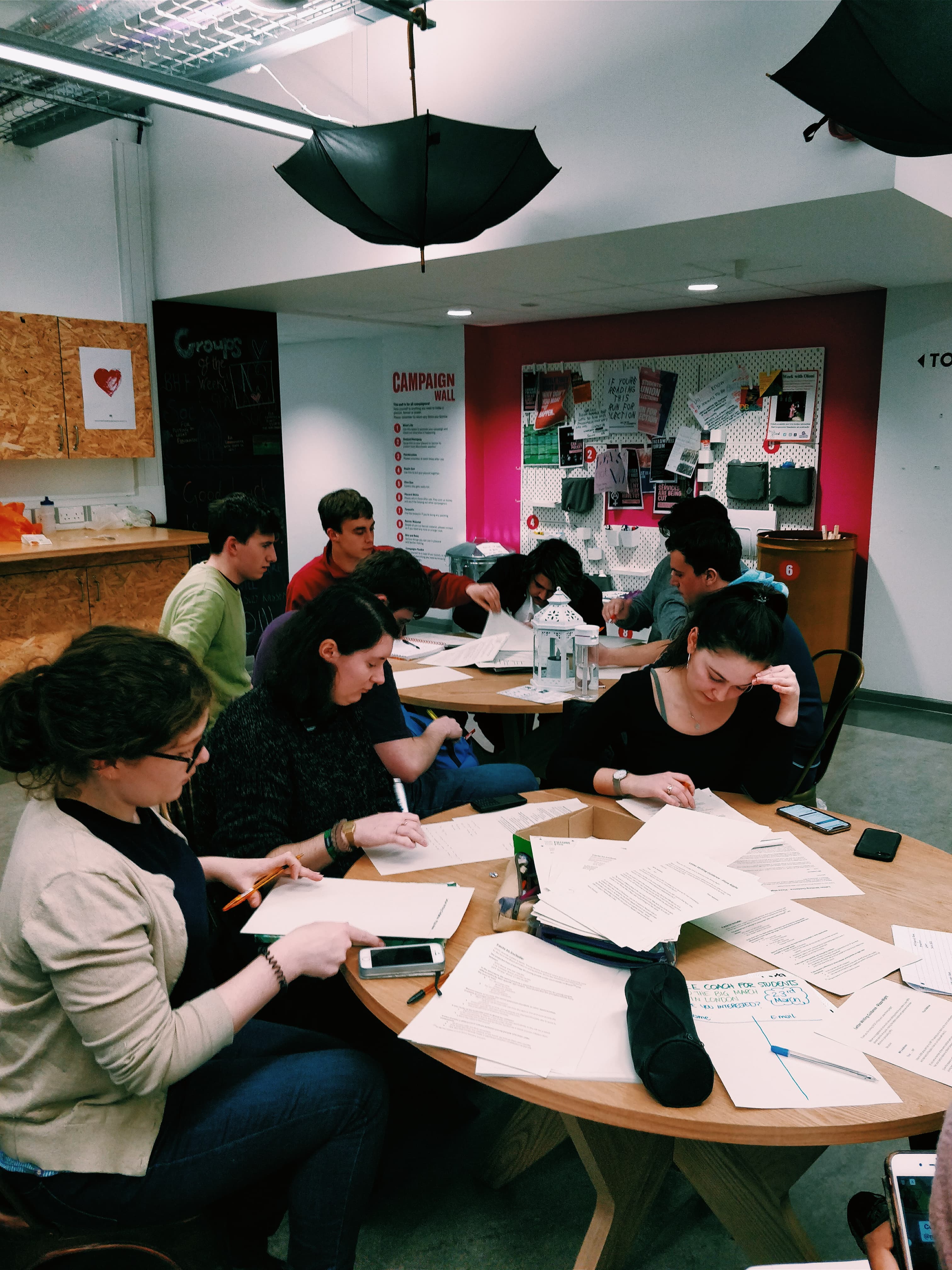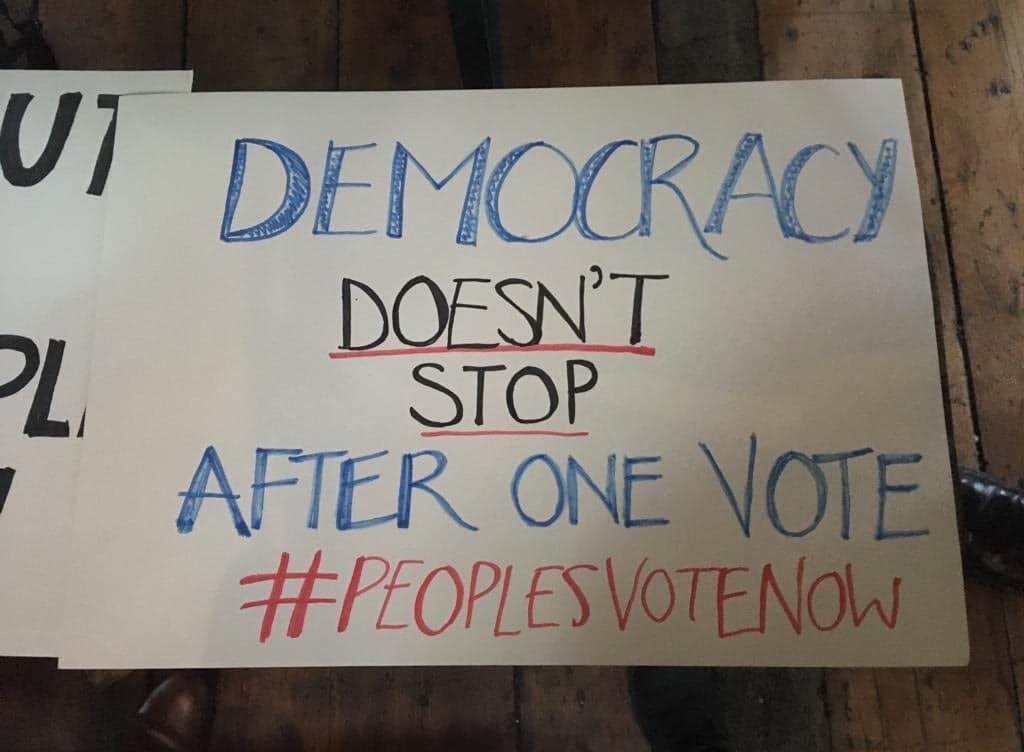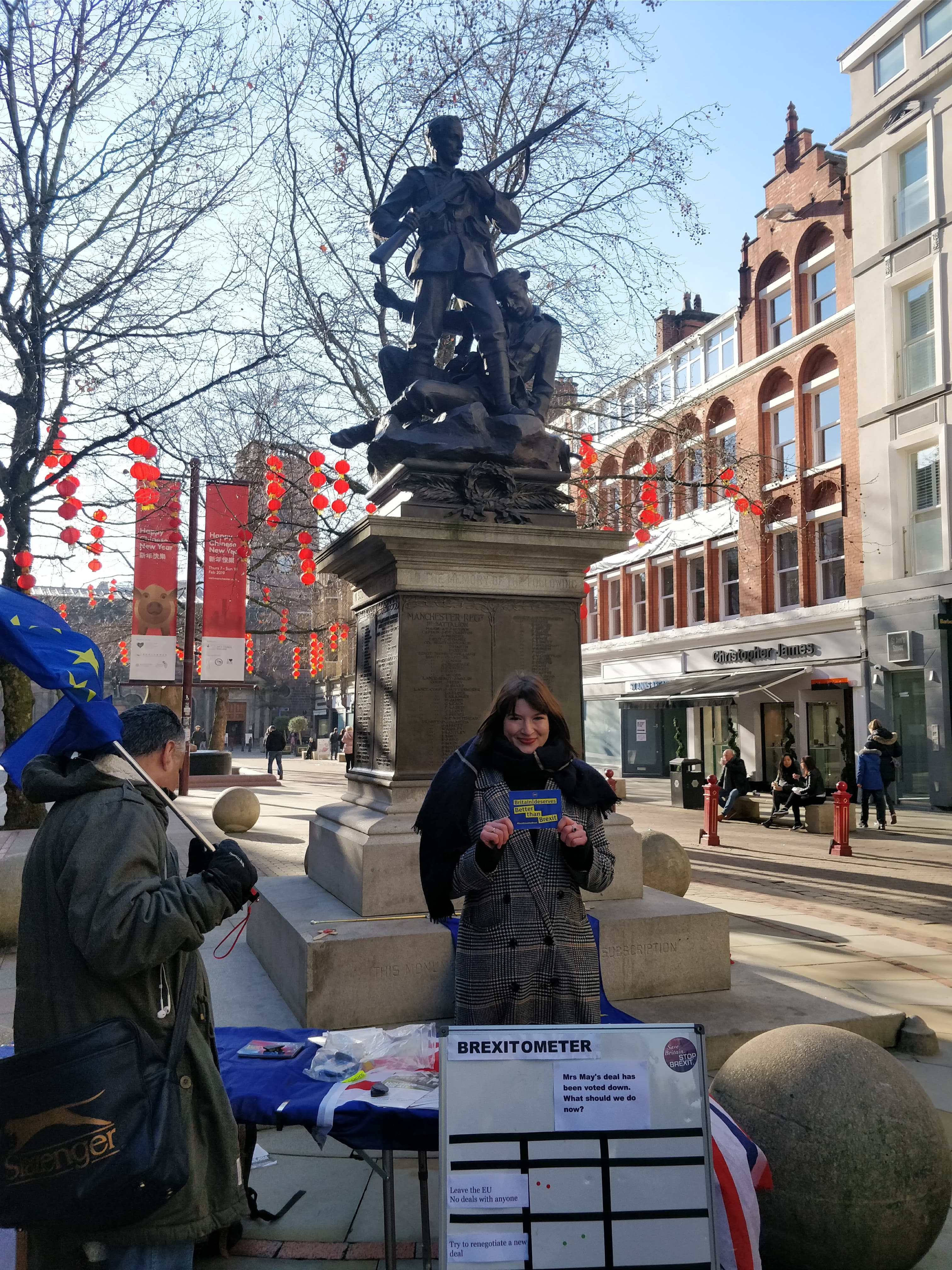Guest post by Alex Gunter, pro-European activist.

Whether you like it or not, tactical voting is here to stay. Tactical voting is a powerful method to remove people from power in the broken British political system. There is, however, a great deal of contradictory advice on how to cast your vote tactically; this is a guide on how to tactically vote using both 2017 election data and current affairs analysis.
Summary:
To have an impact on this election you need to think critically oh how you will tactical vote. First of all Do I live in a Marginal? If not, don’t vote tactically, support your party of choice and help grow national remain statistics! Next, Is there a Remain Candidate? Check which parties are standing and their positions on Brexit. Can they win? Don’t just check the tactical voting recommendations. Think critically, research the candidates, ask your local pro-EU group. If they can win, from your own research, vote for them. Remain Can’t Win? If they can’t win select a compromise, either that be Labour or a rogue candidate from another party as it is better than Brexit. Use tactical voting recommendations, your local pro-EU group and news coverage to find the right candidate.
Remember: Be careful with the tactical voting organisations! They run on data from 2017 as local data research is too expensive! Politics change, political change. Don’t forget we have a new party, The Independent Group for Change and a number of people who left their old Parties have changed the likelihood of the same parties winning. Check the news, check the candidates!
Detailed Guide:
Question 0:
Is your seat part of the Unite to Remain Alliance? If so this is easy, vote for the Remain Alliance Candidate. For everyone else, move to Question 1.
Question 1: Do I live in a Marginal?
What is a marginal? Of the 650 different constituencies that make up Britain nearly all of them are a foregone conclusion, the winner has already been decided. The easiest way to find out if you live in a marginal is to enter your postcode into https://tacticalvote.co.uk/ and see if the previous general election was a landslide. If it was not a landslide move onto Question 2.
If your constituency was won by a massive margin by the incumbent, you find out if the local politics have changed much since 2017. Find out the current MP, also from https://tacticalvote.co.uk/, and research them. As yourself some critical questions. Did they recently leave their party? Are they involved in controversy? Are they a prolific outspoken individual who has changed party allegiance? If so it may be a marginal, and head to
Question 2.
Be Careful, even though https://tacticalvote.co.uk/ calls it a safe seat their data may be out of date. For example since 2017 in Ilford South Mike Gapes left the Labour party, he had a very strong majority, a ‘super safe seat’ yet has now split the labour vote making it a clear marginal two horse race between him and Labour. A lot has changed since 2017!
If your seat is safe, vote for the party you feel most connected to, voting tactically will not help remain so help out your party’s national statistics and show remain your support by boosting remain party statistics.
Question 2: Who is Remain?
Enter your postcode into http://dontsplittheremainvote.com/ and see which candidates are standing. The Greens, The Liberal-Democrats, Plaid Cymru, SNP, The Independent Group for Change, The Renew Party are all Remain Parties. Independents are also sometimes remain so if they are making an impact it is worth searching for them too!
Note: Some Labour Candidates are also firmly pro Remain, it’s a good idea to check their statements in the news or ask them in person!
Question 3: Can Remain Win?
Sadly, not all remain candidates have a chance. Check if any of the remain voters can win, visit http://dontsplittheremainvote.com/ firstly which aggregates all the tactical voting suggestions together. This will give you an idea based on the 2017 elections the likelihood of a remain victory but be careful.
Since 2017 many candidates have left their old parties to either join a remain party or become independent. Some of these people can win! You must also research yourself to see if a firm remain candidate can win by looking at the news coverage of different candidates. You can even ask the candidates themselves what they think their chances are, though expect bias!
It is also good to check your local pro-Remain group to see if they have a suggestion, see who they are campaigning for as they probably know the campaign better than anyone. ( Find them either at http://istopbrexit.info/ or http://gazetteer.ukpen.eu/ [BETA] )
If remain can win, vote for remain, if not you will have to vote tactically, move to Question 4
Question 4: Who is the Compromise Candidate?
If remain is unable to win, you must find out who is the best candidate to beat the Brexiters. This is where your vote becomes tactical! You must decide who is best placed to remove the Brexiter. These will most likely be Labour Candidates. Labour is not pro-Brexit but we are not so sure they are pro-Remain either, better than the Brexit Party Though!
There are 7 different sites offering advice based on statistical analysis from 2017 and a couple of extra polls. These can all be searched simultaneously at http://dontsplittheremainvote.com/ which will also give you some potential scenarios if we tactically vote.
This data is old, you need to make sure that it is up to date, firstly check the news, are they saying anything about the candidates, has there been a major shift in local support or a new potential candidate.
Check with your local pro-remain group, (Find them either at http://istopbrexit.info/ or http://gazetteer.ukpen.eu/ [BETA]) they might have some interesting extra inside knowledge.
Cast your vote, vote tactical and rest in the knowledge you supported remain effectively.
After:
Once you have done, don’t forget to join your local campaign group and sign up to the national ones. Share this with your remainder friends and remind them to not follow tactical voting websites like sheep but think critically to have the greatest impact.
By Alex Gunter of UKPEN, Alliance4Europe and Volt UK
——————–
Alex Gunter is a pro-European activist involved in the founding of UKPEN and Alliance4Europe. Alex specialises in Campaign networking bringing together projects for a common goal. Alex is also involved with Volt UK and the Federal Union.
















